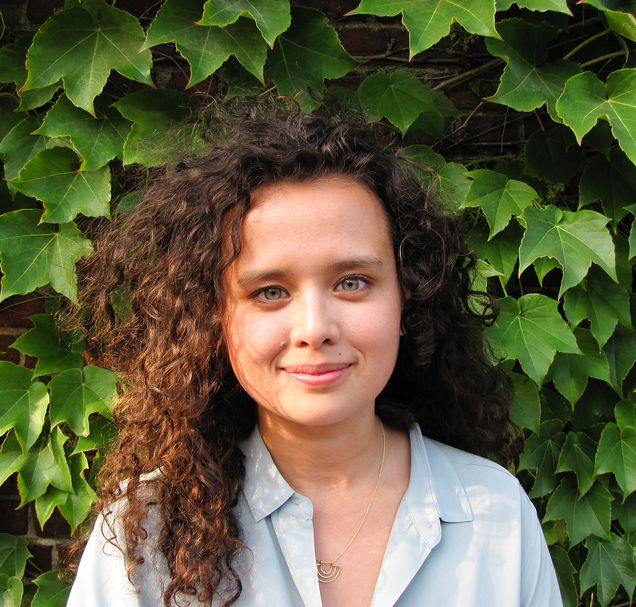Faculty Friday – Jessica Simes

Faculty Friday highlights a Boston University faculty member by exploring their work at Boston University and their thoughts on cities.
This week, we’re speaking with Jessica Simes. Simes serves as an assistant professor of sociology in the College of Arts and Sciences.
What research or project are you currently working on?
Jessica Simes (JS): I would say the project I’m most focused on right now is writing a book about the relationship between urban neighborhood inequality and mass incarceration. My research looks specifically at Massachusetts as a case. I worked with the Massachusetts Department of Correction and I developed a data set that looks at how neighborhood levels of incarceration, meaning prison admissions, changed over time. Looking across space and demographics, what that says about the nature of social inequality and space.
How did you become interested in that?
JS: I was always really interested in social inequality very broadly and then I became really interested in neighborhoods and place, thinking about how communities were affected by the changing role of the prison. The Department of Corrections was incredibly generous and let me work there and helped me access this kind of data.
I noticed your research utilizes a lot of data visualizations. Can you speak about why you like to use that medium?
JS: I really think data visualizations are incredibly helpful tools for describing information and for informing the public. I think people respond more when they see in real terms what these things actually look like in space. So mapping and other forms of graphics can really help kind of drive home the power of this institution and what you can see how it’s changed over time.
What’s your favorite thing about Boston University?
JS: I really love the Sociology department. It’s been a real home for me. I’ve been in Boston since 2009 and yet, coming here I felt immediately that this department does some really great work. I really love my colleagues and I really love that BU has a dedicated center for urban issues. I feel like this is a great community for me as a researcher and I can tell our students are really happy here. It just feels like a very rich, collaborative community.
What is your favorite city, and why?
JS: I might have to say more than one. Los Angeles is where I grew up; diversity and so many different nationalities and cultures was just the norm for me. I just loved the feel of that. It’s a fraught place with lots of interesting challenges, environmentally and socially but I think it has a certain powerful sense of diversity that I really love. I also worked for four months in Portland, Oregon and I really love Portland. Again, it has its own issues and history but it felt like a city that really tried to take to task some of the public goods that could be provided by a city, like public transportation and things like that.
What do you think is the biggest challenge facing cities today?
JS: Equitable housing. I think we are seeing something that goes so far beyond gentrification, sort of a gross inequity in cities like San Francisco where at the heart of those places was a real notion of community and togetherness. Now they’re completely unlivable. Whole regions are becoming unlivable. It’s unconscionable. I think that the housing market in Boston and New York and all sorts of metropolitan areas are going to have to come to terms with this crisis. I think it’s a human right to have access to housing in a place that you work. I think that’s the biggest challenge.
If you were Mayor of Boston for a day and had unlimited resources, what program or project would you pursue and why?
JS: I think there are really big and easy ways cities could provide access to affordable housing. I would probably turn all eyes and attention and resources on this problem and come up with collaboratively four or five big strategies to change the housing crisis in Boston. Maybe I’d pull in other municipalities and figuring out ways to coordinate housing, transportation, and resources across the region rather than just thinking of Boston. I would spend the day as mayor locking people in a conference room and having a real strategy session for a housing initiative.
Are there any urban-related issues that you want to see students and young people get more involved in?
JS: I feel like my students are pretty active. I think another big issue, at least specifically facing Boston and it maps onto economic inequality, is racial justice and profound, durable racial segregation. I’d love to see students and the giant private universities that exist in Boston reflecting and taking responsibility for the persistence of that segregation, figuring out how to bring communities together into the university setting, and creating more programs and more collaboration and connection with the surrounding neighborhoods. The university is a massive resource and impacts the surrounding area. Figuring out how to leverage those resources to help the community more and having students be at the helm of that and see value in that.